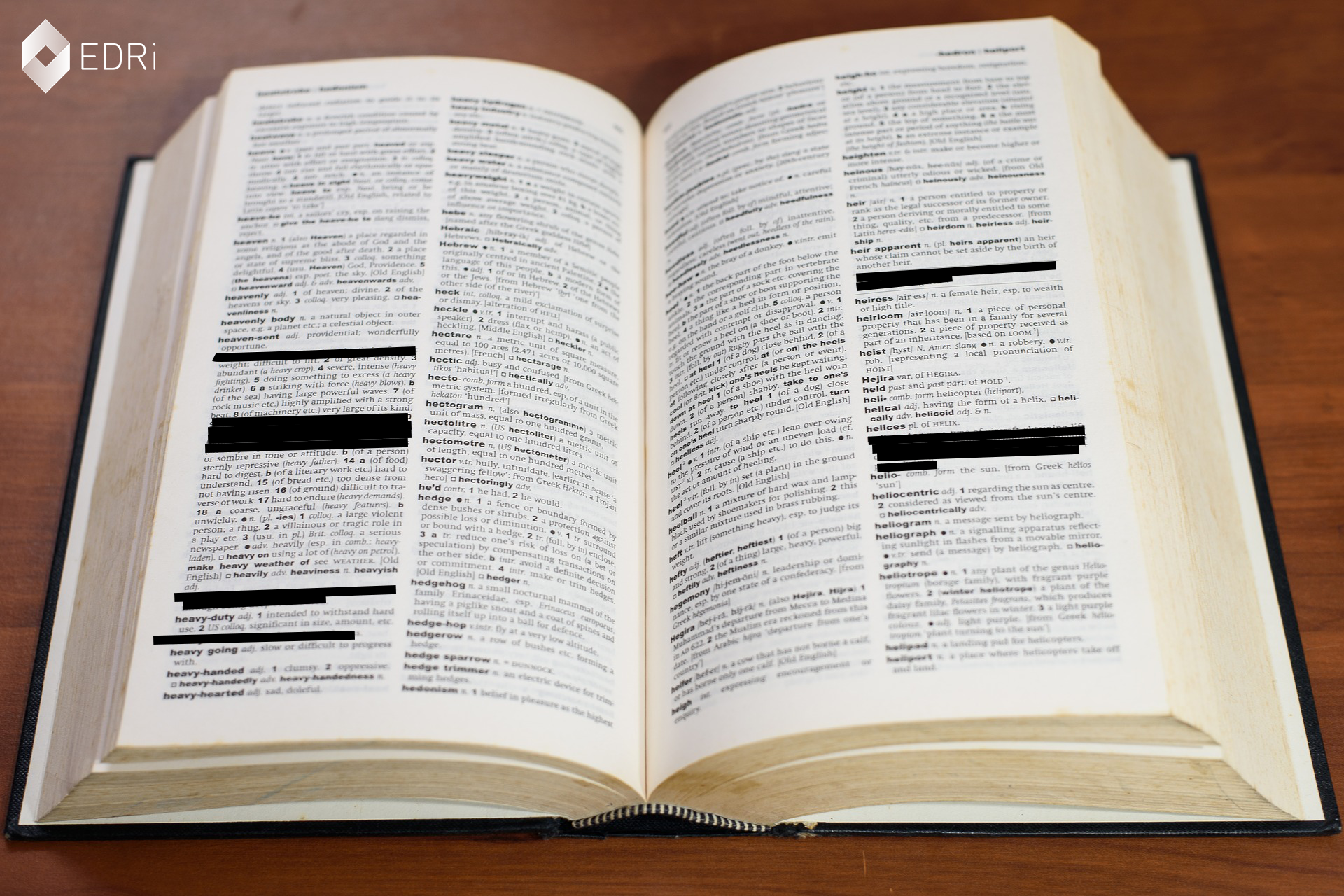Censoring Wikipedia in Turkey is censoring our collective knowledge
2018 will be a pivotal year for the internet.
For the first time in human history, over half of the world’s population will be online. But new threats threaten the sustainability of the world’s largest information source.
By the end of this year, for the first time, one out of every two humans will have access to the internet. This tremendous milestone represents over 40 years of continuous investment in creating an open space where a unique culture of collaboration and sharing have thrived – and represents the grand sum of the biggest human experiment to democratize and disperse knowledge in our history. In this exciting age of the internet, new business models have been emerged, while our perspective on how we work, live and play has been re-shaped to match the growth of the web. But there are some worrying developments taking place on the global stage right now that could threaten the natural growth of the internet as it progresses its role as a great equalizer to access.
More censorship in many places
Everywhere we look, online censorship is becoming more prevalent, increasingly insidious, and worryingly surreptitious.
In the last few months, we have seen Russian and Iranian governments both continue with numerous attempts to block Telegram, making the argument that free speech on the platform enables unfavourable discussions against their governments. Vietnam just passed a law that will further limit the ability of people to use the internet as an avenue to free discourse; while in Uganda, a new law passed last month will tax users of social media for ‘gossip’ on social channels. As the world’s largest, collaboratively-built platform with over 46 million articles, Wikipedia has been monitoring these developments closely. We are increasingly concerned about the fact that for the last 12 months, Wikipedia remains banned in Turkey, denying the world information about one of the world’s most vibrant economies.
Turkey block is far-reaching
The Turkish block is the most expansive government ban ever imposed on Wikipedia, and includes Wikipedias across nearly 300 languages. The court order imposing the ban is based on two articles in English Wikipedia which the court said damaged the reputation and prestige of the Republic of Turkey. While we respectfully disagreed with the court’s decision as it applied to the articles at the time the block was imposed, we also wish to point out that those articles remain open to editing, according to Wikipedia’s neutral editorial policies, and have been changed substantially by Wikipedia volunteer editors since the block was imposed.
Critically, the ban brings to focus the fact that all the content on Wikipedia is built through the collaborative efforts of millions of people who create content for the benefit of the world at large.
The unique value of Wikipedia is that it is a collaboration of hundreds of thousands of people across the globe. Together they make decisions about what information to include in Wikipedia and how that information is presented. The editing process proceeds according to policies developed and overseen by these independent volunteer editors. Wikipedia’s policies require reliable sources to verify information included in Wikipedia, and neutrality, especially when covering controversies in which there are differing views. This is an ongoing process and means that Wikipedia articles are under constant improvement. It is a process that benefits from more editors and differing perspectives, which is one of the reasons why ending the block in Turkey is so important.
This manner of creating and improving content remains to this day the most powerful and unique contribution of Wikipedia to the internet. When more people participate on Wikipedia, the more neutral, reliable, and accurate its articles become. The Wikimedia Foundation and independent Wikipedia volunteer editors offered to provide open, public training on Wikipedia in Turkey once the block is lifted, as we have done in other countries, with the goal of increasing the number of editors and perspectives on Wikipedia.
Lift the ban!
This is why we continue to respectfully request that the government lift the ban so that Wikipedia can return to serving as a valuable, free educational resource on a wide range of topics, including science, engineering, art, and culture. We would like to see the Turkish people able to contribute to the global conversation, including Turkish topics, on Wikipedia. As we have repeatedly noted, we are all made poorer for the absence of contributions by the Turkish people.
And at a pivotal moment such as this, when more people are getting online in search of freely accessible information, these kind of actions can only set back the remarkable progress that the internet has made over the last 40 years. When we censor information on Turkey, we censor our collective history as humans.
This article was written by Eileen Hershenov, General Counsel for the Wikimedia Foundation, and published at netzpolitik.org under a Creative Commons BY-NC-SA 4.0 licence.
Original article: In Censoring Wikipedia in Turkey, We Are Censoring Our Collective Knowledge (15.07.2018)
Read more:
Half the world’s population is still offline. Here’s why that matters. (30.05.2018)
https://news.itu.int/half-the-worlds-population-is-still-offline-heres-why-that-matters/
Viet Nam: New Cybersecurity law a devastating blow for freedom of expression (12.06.2018)
https://www.amnesty.org/en/press-releases/2018/06/viet-nam-cybersecurity-law-devastating-blow-freedom-of-expression/
Social media use taxed in Uganda to tackle ‘gossip’ (01.06.2018)
https://www.theguardian.com/world/2018/jun/01/social-media-use-taxed-in-uganda-to-tackle-gossip
Wikimedia Foundation urges Turkish authorities to restore access to Wikipedia (30.04.2018)
https://blog.wikimedia.org/2017/04/30/turkish-authorities-block-wikipedia/



